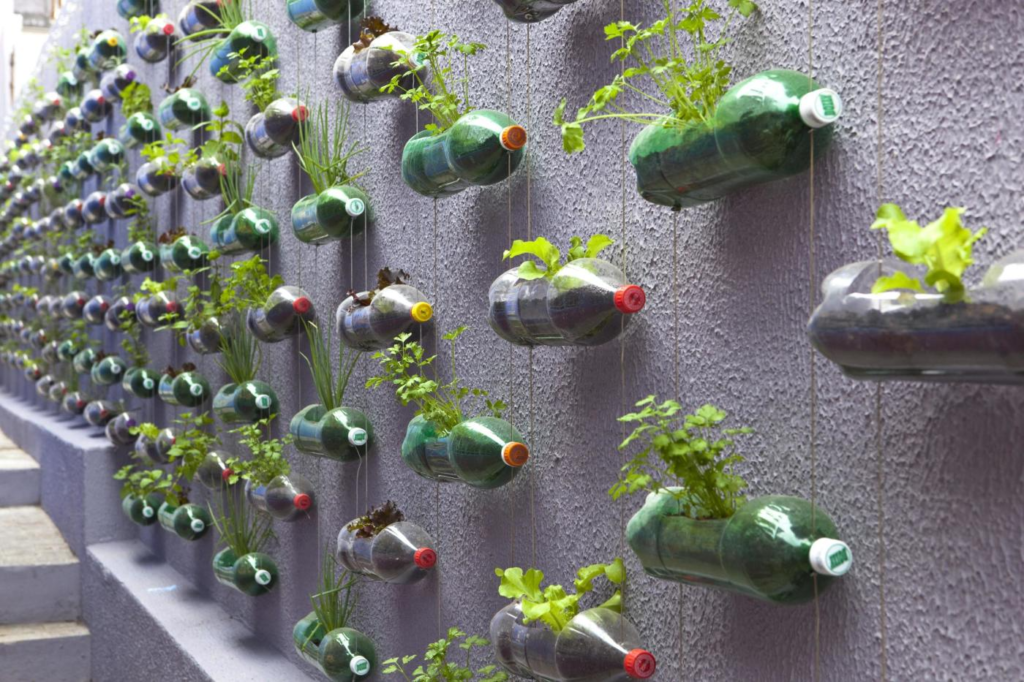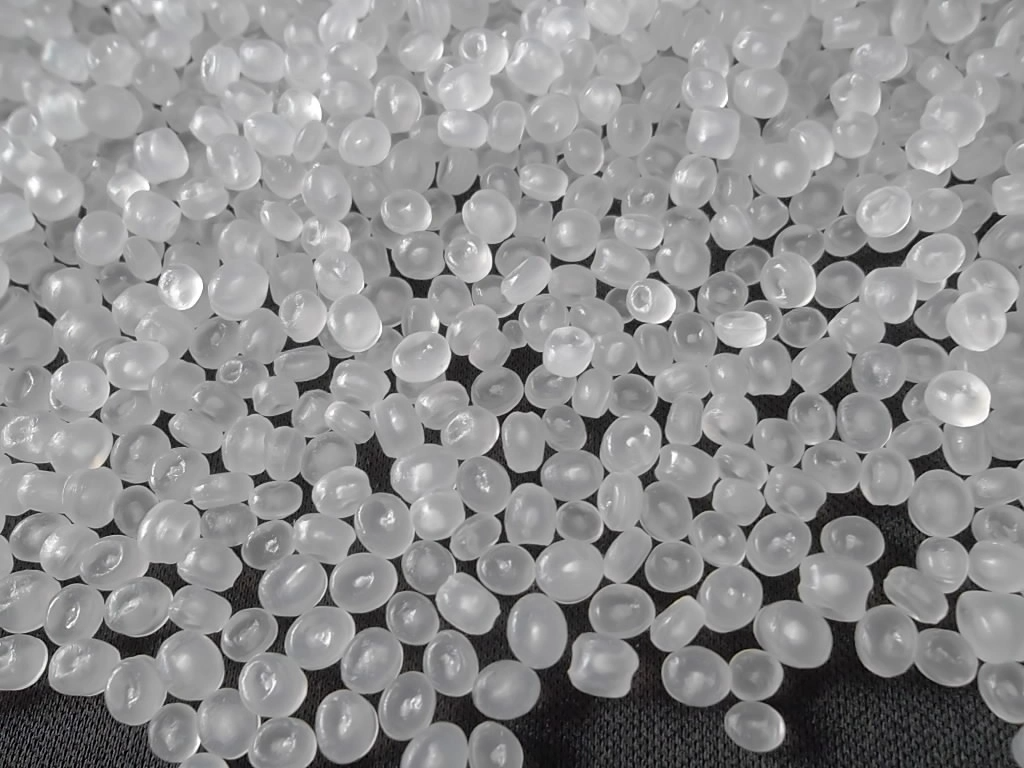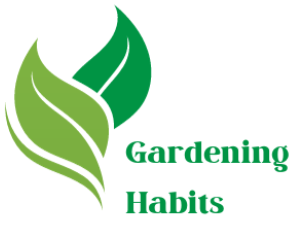Which Plastics are Safe for Gardening

Plastic has become an indispensable component of daily life and gardening is no different. From containers and hoses to various barriers, plastic provides gardeners with endless solutions – though with so many plastic varieties out there it can be challenging to determine which plastics are safe for gardening – or food production altogether!
Not All Plastics Are Equal
Plastic’s safety in gardening ultimately depends upon leaching. Leaching refers to a process by which chemicals from plastic may seep through the soil into plants’ root zones and be taken up as nourishment – potentially endangering fruits and vegetables in your garden as well as adding harmful toxins into food sources.
Gardening Habits encourages healthy and environmentally friendly gardening practices. Below are plastic materials widely considered suitable for gardens:
High-Density Polyethylene – HDPE
Recognizable by its number two recycling symbol, this plastic stands out as being extremely durable and UV-resilient – perfect for planters and raised beds alike! Furthermore, it has long been considered safe to come into direct contact with food items without risking chemicals leaching out into food products directly.
Low-Density Polyethylene – LDPE
More commonly referred to by its recycling symbol “4”, has long been employed for garden hose production lines and mulch film manufacturing lines as well as plant pots that offer flexibility. Due to these properties, LDPE is generally considered safe for garden use.
Polypropylene – PP
With its recycling symbol number five and impressive strength, Polypropylene is often found in plant containers, seed trays and weed control fabric applications. Although generally safe for garden applications, recent research points to potential leaching risks. Opting for recycled PP may reduce this risk further.

Plastics to Avoid in Gardening
Plastics generally don’t pose much harm when gardening; however, certain kinds are best avoided altogether for various reasons. Here are a few warning signs:
Polyvinyl Chloride – PVC
Plastic has long been associated with emitting toxic substances into its environment, including chlorides that could endanger plant life and disrupt their function. As evidenced by its recycling symbol of number three, this toxic plastic could pose threats to its surroundings as it leaches dangerous chemicals out.
Plastic containers without identifiable recycling symbols
When choosing plastics without recycling symbols for garden use, exercise caution. It would be prudent not to utilize such containers.
Gardening Habits: Advocating Safe and Sustainable Practices
At Gardening Habits, we promote creating vibrant gardens that benefit both people and nature alike. By choosing nontoxic plastic materials like terracotta pots or organic mulches instead, creating gardens that are both healthy and environmentally sustainable can become possible.
Knowledge is power! For additional guidance on sustainable gardening practices and eco-friendliness, visit Gardening Habits today!
Ciara Konhaus

I’m Ciara and I’m a gardener and agricultural educator in zone 6b. I’ve farmed and gardened all over the Appalachian mountains and love to empower people with the tools they need to start their own gardens.
